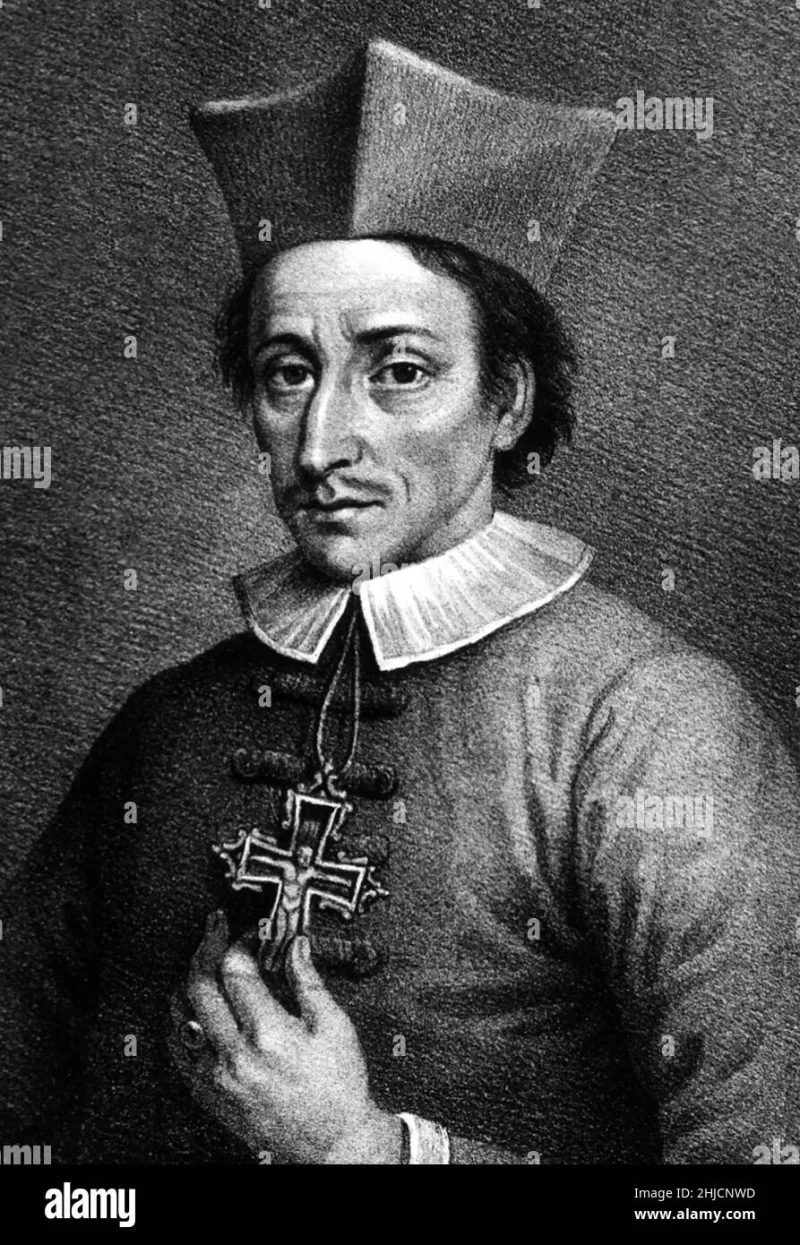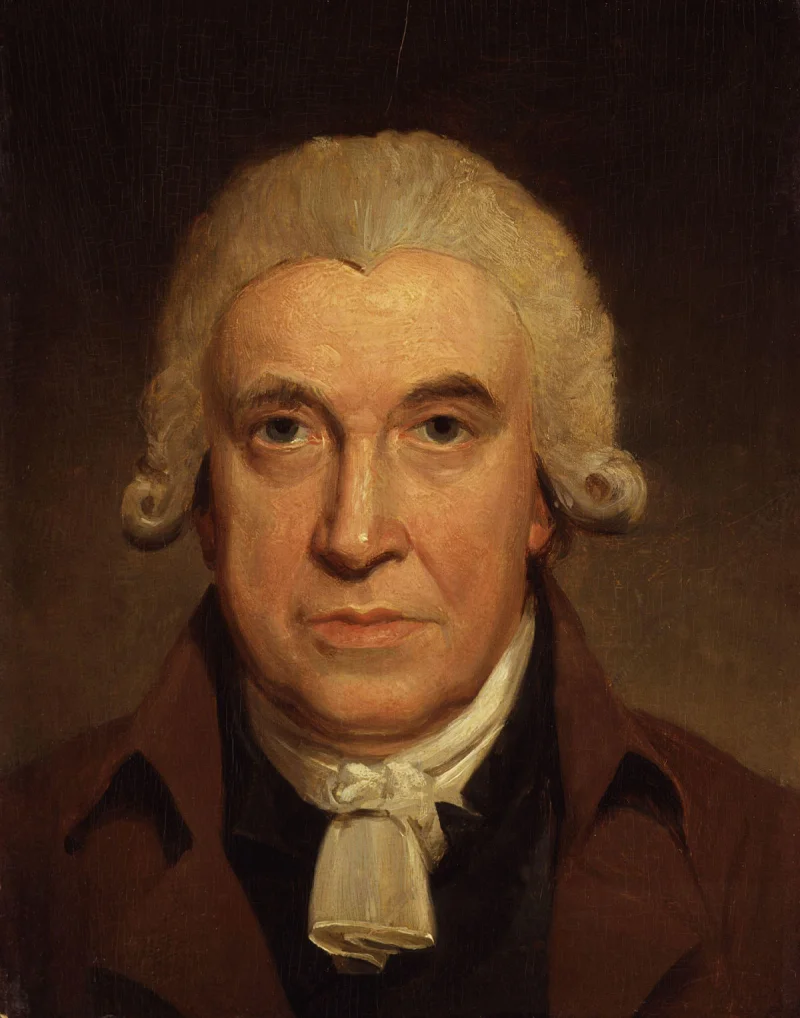Short Summary
William Harvey was an English physician and anatomist known for his discovery of the circulation of blood. He revolutionized the understanding of the cardiovascular system through meticulous research and experimentation. Harvey's work laid the foundation for modern physiology and influenced medical practices profoundly. His book, "De Motu Cordis," published in 1628, remains a seminal work in medical history.
Early Life & Education
Born on April 1, 1578, in Folkestone, Kent, England, William Harvey was the eldest of seven children. His father, Thomas Harvey, was a successful merchant. Harvey attended the King's School in Canterbury before enrolling at Gonville and Caius College, Cambridge, where he earned his Bachelor of Arts degree in 1597. He furthered his education in medicine by studying at the University of Padua in Italy, one of the leading medical schools of the time. Under the tutelage of renowned anatomist Hieronymus Fabricius, Harvey developed a keen interest in anatomy and physiology, which shaped his future research endeavors.
Career Highlights
After returning to England in 1602, Harvey began his medical practice in London. He was appointed as a physician at St. Bartholomew's Hospital in 1609 and became a Fellow of the Royal College of Physicians in 1607. In 1618, he was appointed as the physician to King James I and later to King Charles I. Harvey's most notable work, "De Motu Cordis," was published in 1628, detailing his groundbreaking findings on blood circulation. Despite initial skepticism and resistance from contemporaries, his work gradually gained recognition and acceptance, fundamentally changing medical understanding.
Major Achievements
- Discovery of blood circulation: Harvey demonstrated that blood circulates continuously through the body.
- Publication of "De Motu Cordis": His book detailed the motion of the heart and blood in animals.
- Physician to royalty: Served as a physician to both King James I and King Charles I.
- Influence on physiology: Pioneered the shift from Galenic theories to modern physiological understanding.
Famous Quotes
- "I profess to learn and to teach anatomy not from books but from dissections."
- "All we know is still infinitely less than all that remains unknown."
Interesting Facts
- Harvey's discovery was initially met with skepticism and opposition from the medical community.
- He lost many of his manuscripts during the English Civil War.
- He was one of the first to suggest that the heart functions as a pump.
- Harvey's work laid the groundwork for modern cardiovascular medicine.
- His observations were based on meticulous dissections and experiments on animals.
Legacy / Influence
William Harvey's discovery of the circulation of blood transformed the field of medicine, laying the foundation for modern physiology. His rigorous approach to scientific inquiry, emphasizing observation and experimentation, set new standards for medical research. Harvey's work not only revolutionized the understanding of the human body but also influenced future generations of scientists and physicians, solidifying his place as one of the pioneers of modern medicine.
FAQ
Q: Why is William Harvey famous?
A: He is famous for discovering the circulation of blood.
Q: What is "De Motu Cordis"?
A: It is a seminal book by Harvey detailing the motion of the heart and blood.
Q: How did Harvey influence modern medicine?
A: His work laid the groundwork for modern physiology and medical research.












